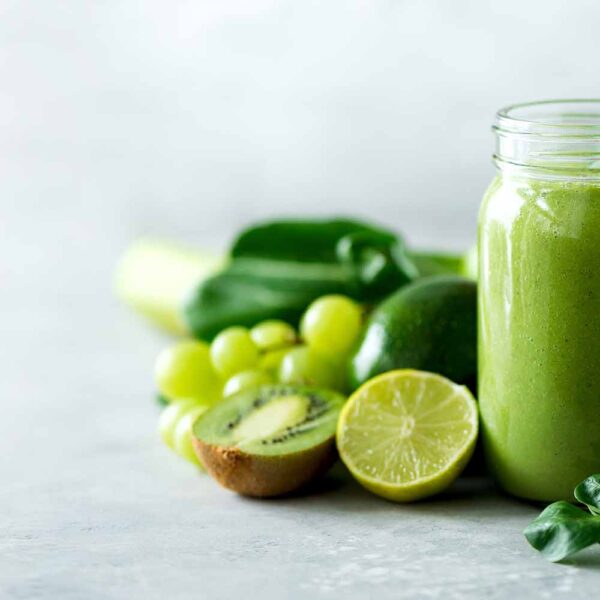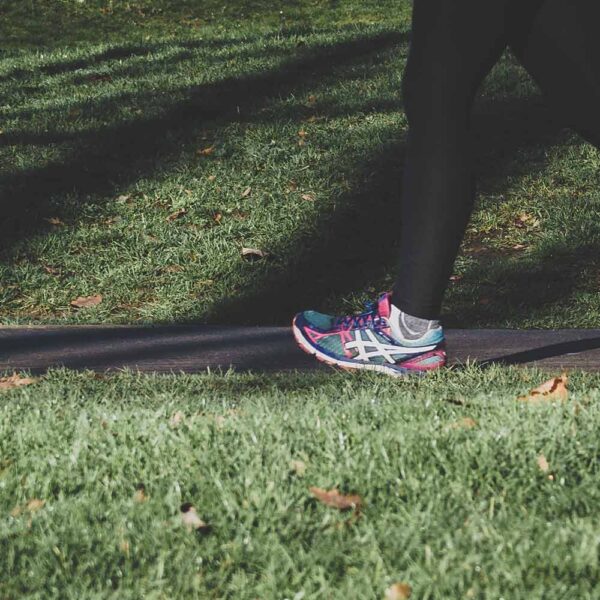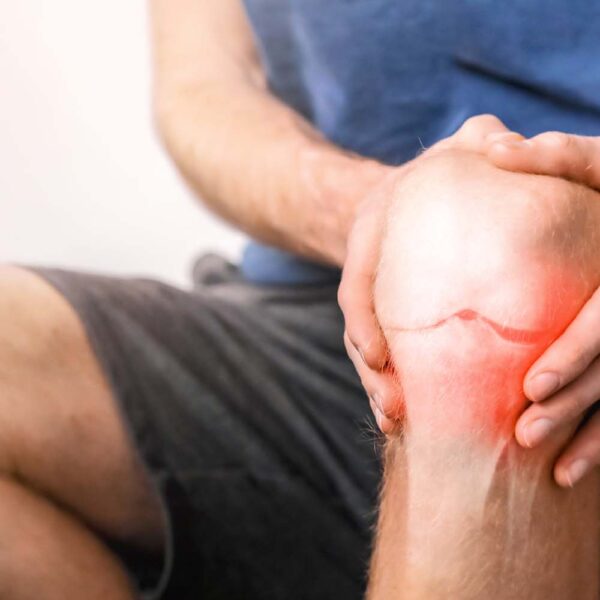Here’s the thing about ‘healthy eating’ – people always assume it is going to be extremely expensive and that it’s cheaper to eat junk/processed food. In fact it is more expensive (a) financially, but even more importantly (b) the long term ‘cost’ to the body is massive. I want to give you some tips on how to eat a really healthy low-carb diet and not only not pay more, but even reduce your budget. At the end of the day, you will spend money on medical bills, medication, higher medical aid bills, and your quality of life will deteriorate with time as various disease states set in.
Firstly, you need to stop buying the following ‘non-foods’:
- Fizzy drinks, fruit juice, sodas, energy drinks. Why? They are full of sugar and/or artificial sweeteners, chemicals, often poor quality water as a base, and they dehydrate, cause insulin resistance – and hey – they cost a lot of money! Get used to water – yes, it may take time, but your body will benefit, you’ll eventually crave it – and it’s free from your tap! Huge saving here already.
- Processed food/take-away meals/ready meals/junk food. Not only are these laced with chemicals, fake fats, seed oils, trans fats, MSG, GMO ingredients and poor quality produce, but they are ‘dead’ foods full of preservatives. Often put into aluminium or plastic which leach into the food – this isn’t food… it’s a chemical brew! How can this do you any good? It cannot nourish you the way fresh food does.
- Cut out bread and wheat-based foods. These ‘fill’ you in the short term but drop your blood sugar quickly leaving you very hungry an hour or so later, leading you to eat more. They also drive cravings.
- Stop Sugar. Come on – just do it – it is totally unnecessary and gives you nothing nutritionally at all; it will give you headaches, allergies, love handles and depression….
- Stop having cereal for brekkie. Eggs are a better bet. Have you ever read the horrific ingredient list on the side of a cereal box??? If that doesn’t scare you, nothing will! Eat real food like eggs, chicken livers, mushrooms, spinach, bacon, etc – and you won’t be hungry for 5-7 hours! That’s going to save on all those snacky foods to get you through to lunch time!
- Eat the cheaper cuts of meat. Shopping at a butcher for your meat means you can ask him how to cook the cheaper cuts to make them tastier. Cheap cuts cooked well are much tastier than the expensive lean cuts.
- Eat more offal. It’s so tasty, SO healthy, and so much cheaper. We have moved away from the 50s/60s where our parents and grandparents always included offal in food like steak and kidney pie to make food go further.
- Buy a whole chicken and cut it up. Don’t buy chicken pieces – they are always more expensive. In fact any bulk buying you can do (half a sheep etc) and freeze will save in the long run.
- Buy animal fat and render it down. Lard is one of the healthiest fats you can use and one of the tastiest. Duck fat is also fantastic – buying in bulk and simply rendering it yourself will give you masses of fat for next to nothing! Butchers don’t know what to do with all the fat they cut off meat so you can pick it up for a song.
- Buy ‘whole’ vegetables. Like a lettuce instead of a plastic bag with a few lettuce leaves in; buy a bunch of carrots instead of the pre-washed, chopped ones. All these extras add up to an enormous amount just for the sake of convenience. You’ll also have less plastic to recycle. Buying fresh vegetables that you choose at a market is much cheaper than the ready-packed-in-plastic variety too. This also goes for frozen and canned food.
- Buy fruit and vegetables ‘in season’. They are so much cheaper in season and don’t come from far away, nor have they been in a cold store for 9 months and artificially ripened.
- Eat local. This way you are forced to eat in season, plus you are supporting your own community and country instead of food flown half way round the world at double the price. If you know a friendly farmer try to get food direct from the farm.
- Use a Slow Cooker. It’s fantastic for putting an entire meal into, and coming home at the end of the day to a gorgeously succulent, tender, tasty meal – and all the cooking is done for you. You could also use one of those wonder-bag type things if you haven’t got a slow cooker – start it on the stove, then put it into the wonder bag. Even wrap it up in your duvet for several hours – it works on the same principle! I once baked a fruit cake that way – it was delicious.
- Eat three good meals a day. No need to snack – your food should fill you and prevent hunger.
- No need for frequent treats either – a treat is not a daily thing – it should be a rarity
- Keep your meals simple and nourishing: a healthy animal protein, fresh vegetables and a form of healthy, natural fat.
- Make your own versions of mayo, tomato sauce, salad dressings etc – they are SO simple, taste better and are a fraction of the price
- If you had to tote up all the take away food, cappuccinos, drinks, sweets and energy bars – you would be utterly shocked at the small fortune you spend on this rubbish! So many of these things can be replicated at home with really healthy ingredients.
- If you buy fish from the fishmonger, meat from the butcher, veggies from the market etc – you’ll get better quality and save so much more – than getting it all ready-packed in the supermarket. Yes, it takes a little more time, but you are worth it!
- Start your own vegetable and/or herb garden, depending on space. You can even grow herbs on a windowsill and sprout seeds in your cupboard – there’s no excuse! They save a fortune. If you have plenty, dry them (they dry very quickly) in a warm oven after cooking.
- Teach yourself to cook healthily or take lessons with a chef who understands healthy food. When you cook, make more so you can get a second meal out of it the following day, or enough for the school lunchbox or for work. You could also do quite a batch and freeze it for later.
- Shop on a full stomach so you are not tormented by the smell of baking bread in the supermarket! And leave the kids at home if they are “gimme” kids and you are liable to give in.
- Try not to waste food – find a way to make a soup, casserole, roast veggies or something where the food will not be wasted. In fact don’t defrost more food or buy more, until what you have in the fridge is eaten.
- Make your own ‘frozen veggies’ if you are concerned about fresh veggies going off, or if you have too large a harvest from your veggie patch. Chop them up, place onto a flat tray in the freezer and then once frozen, place them in a freezer bag/container so they don’t stick together when you take them out. And make sure the veggies are whole, don’t get the ready-cut ones – cut whole ones yourself, it saves a lot.
- Have a meal a week from just what you find in your grocery cupboard and fridge – all unplanned! Some of the best meals are a hotch-potch of various ingredients spiced up with herbs, spices and a homemade sauce.
- Don’t BUY lunch, MAKE it and take it with you each day – make a note of just how much you would save on a daily basis – its hundreds or thousands of Rand a month!
- Only cook enough of a meal for that meal unless you are doing extra for the following night. That way you cook and eat only what you need, and there is no waste.
- Forget puddings! They are just a waste of time and do nothing for you!
- Start a compost heap with the peels and scraps so your home vegetable garden will produce a most nourishing harvest.
- Don’t snack in front of TV or between meals, or at the cinema. It’s unnecessary, expensive, bad for your health, and simply a bad habit that needs to be broken.
- Keep your vegetable peels (providing they are clean and good quality) for soups and stocks. Freeze them until you have enough if you wish, or use them straight away.
- Always take a list to the shops, and STICK to the list. And again, never go to the shops hungry, always have a good meal first.
- Make sure you first empty your freezer before you go and buy more food. There is no need to prep for Armageddon just yet – so only buy and store what you need for a while, use it up and then replenish it.
- Have a homemade bone broth day once a week – it will do you good to give your digestive system a break – then have a light evening meal together with the family. We all eat way too much food we don’t need – this saves money and is great for the body.
- Plan the week’s meals a week in advance, and buy only what you need – that way you won’t buy things which will go off or get wasted.
- Don’t throw any part of the chicken, pork, lamb etc away – keep all bones and left-over bits to make broths or soups.
- When you see sale goods for healthy foods you use a lot of like butter, that’s when you stock up, butter lasts for ages. Extra virgin olive oil, virgin coconut oil, etc – things you use regularly – are fine to stock up on.
- You don’t need to buy the “luxury” low-carb ingredients such as the nut and seed flours – if you really want some then grind your own in a blender when you need it, and only what you need.
- If you are a low-carb family, you will find with time you simply eat less food – a great saving in itself!
- Why not start today – work on this new lifestyle and keep notes of how much you are saving, you may even have enough for a great holiday just from saving money by eating healthy food!
You can simply click on the name of each product mentioned above (in bold) and a hyperlink will take you directly to the product for an easy purchase.
Originally published on https://www.facebook.com/SallyAnnCreedSA/ on 25 March 2018.
Instagram: @Sallyann_creed
Facebook: @SallyAnnCreed_SA







